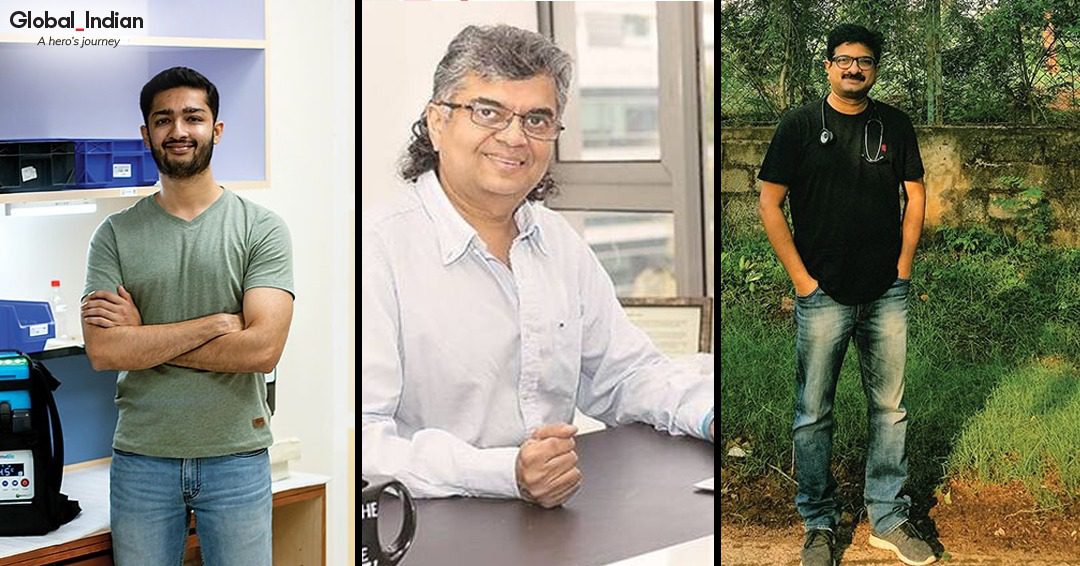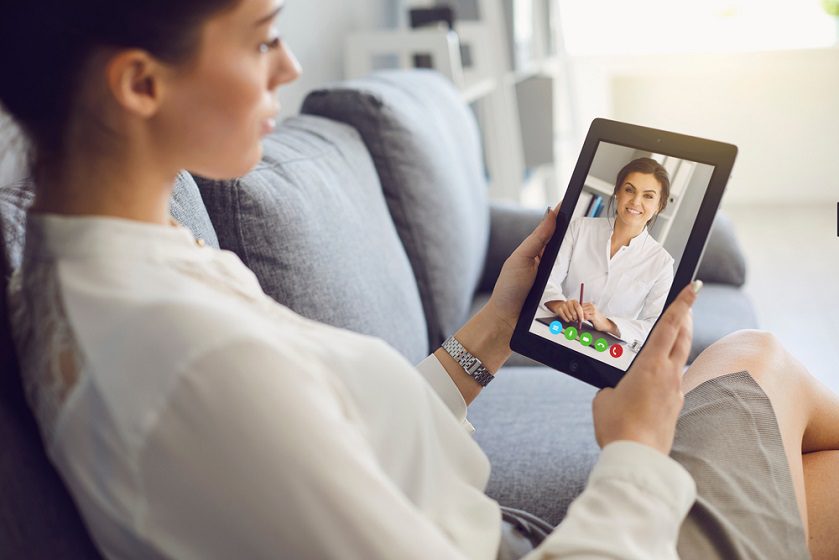(October 6, 2021) Everything as easy as tap and go these days. From ordering groceries, funds transfer, knowledge transfer to even healthcare. All you need to do is pick up your phone, select a healthcare specialty, book diagnostic tests, consult an expert and get a diagnosis, all from the comfort of your home. But what of rural India, where digital connectivity and accessibility of smart devices remains at an abysmally low level? For that matter, what of the rural India where healthcare, or the lack of it, leaves a lot to be desired?
According to the National Health Profile that was released last year, the ratio of medical experts (allopathic) to patients stands at 1:11,000. An appallingly low figure. However, a clutch of new startups is turning their attention towards bridging this gap in Indian healthcare. From helping store medicines better to transport them to rural India, making top doctors available for remote consultations, helping expedite emergency medical care in areas with little or no healthcare facilities, to Covid care, these startups are ensuring that a healthcare needs across the spectrum are being met for the often-overlooked towns and villages.
Here, Global Indian turns the spotlight on a few such enterprises that are using innovation to bridge that last mile healthcare gap where it most matters.
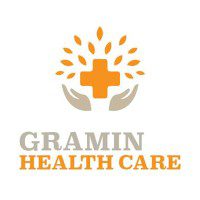
Gramin Healthcare
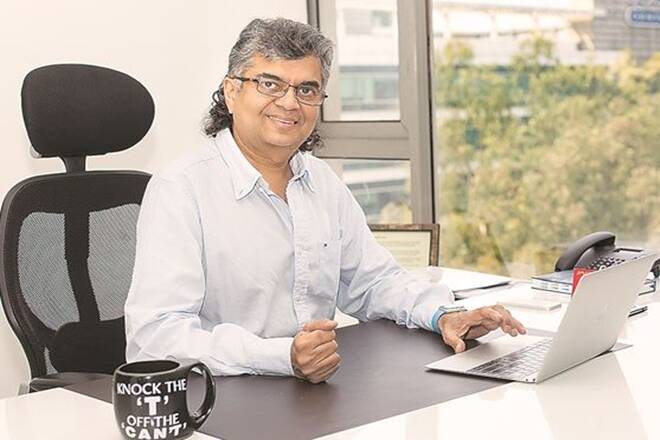
Launched in 2016 in Gurugram by Ajoy Khandheria, Gramin Healthcare has been setting up healthcare centres in villages in Haryana, Rajasthan, Uttar Pradesh, West Bengal, Bihar, and Madhya Pradesh. Well-equipped and staffed with nurses, these centres are frequented by villagers as the company aims to institutionalize healthcare in such areas to help bring down costs of travel for patients. Doctors screen cases remotely and employ telemedicine to carry out diagnoses. With over 120 centres, Gramin Healthcare’s patients are given health cards and their medical history is digitized. The Gramin team has a 24×7 COVID-19 hotline and is in the process of setting up pharmacies for easier access to affordable medicines in the villages.
As it goes about revolutionizing the health care delivery mechanism, Gramin Healthcare, a healthcare startup also focuses on employment generation, bridging the gap between gender spaces and provide affordable and accessible healthcare to under-served communities.

Blackfrog Technologies
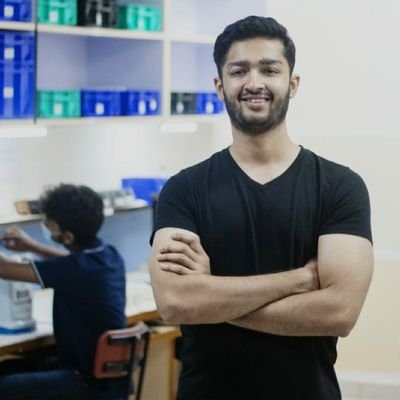
Founded in 2015 by Mayur Shetty and Donson Dsouza, Blackfrog Technologies was initially an engineering consultancy before transitioning into a product company to address the need for efficient vaccine storage and transportation. It’s aim now is to be the future of medical-grade refrigeration and launched its flagship product Emvólio, solar-powered vaccine carrier that can be worn like a backpack. It also features an IoT device to track the vaccine and the device maintains the pre-set temperature for up to 12 hours to facilitate last-mile transportation of vaccines, blood serums, breast milk, plasmas, medications, and specimens with minimal free-thaw cycles. This comes as a boon at a time when the need for vaccines is high. According to Ministry of Health and Welfare estimates, 25% of all vaccines get wasted due to temperature fluctuations. In an interview with Forbes, Shetty said, “Ice boxes usually end up freezing the vaccine, and one risks accidentally administering vaccines that have lost potency. Emvólio helps in reducing the economic burden of these vaccines and nullifies the chances of inefficacious vaccines being administered.”
Blackfrog currently has a production capacity of 1,500 units per month and Emvólio is being used in large numbers across North East India under the National Health Mission. Backed by the likes of BIRAC, Qualcomm and Social Alpha, Blackfrog is set to change the way immunization programs are conducted across the country.

AI Health Highway
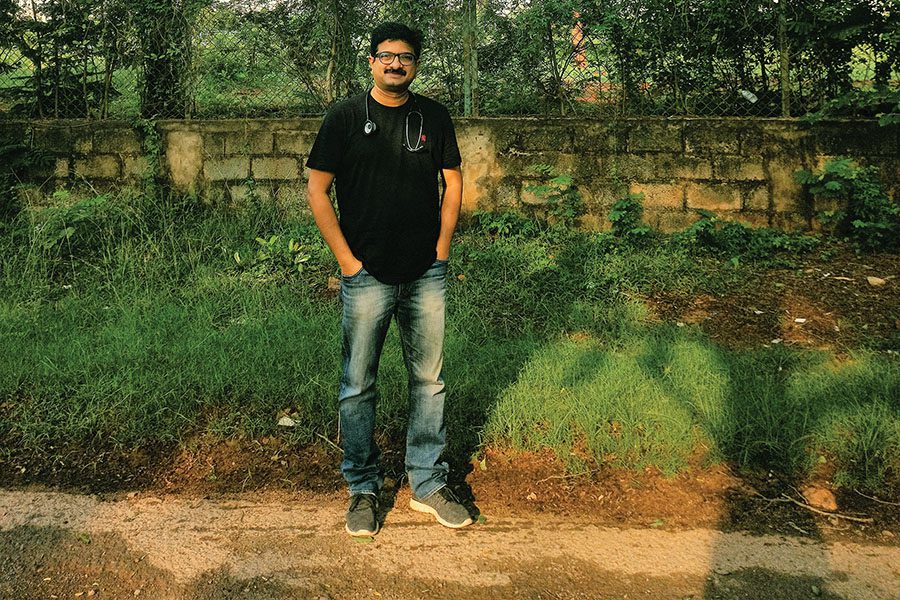
Founded by Dr Satish S Jeevannavar, Dr Radhakrishna S Jamadagni, and Anuj Pandit in 2019, AI Health Highway is an IISC incubated healthcare startup that has been trying to reduce the burden on hospitals by developing a web app for COVID-19 self-screening to help identify low, mid and high-risk groups who could be prone to the coronavirus based on demography. Its COVID-19 pre-screen and triage tool is easily accessible on its website and it provides solutions based on risk-assessment scores of COVID-19; these are linked to clinical symptoms, comorbidities, and contact history. This is essentially aimed at the rural population which has limited access to quality healthcare facilities.
The tool is adapted with a nurse-led model for COVID-19 and other non-communicable diseases. People from rural areas can connect with their nurses over an IVR Helpline for medical aid. The healthcare startup uses telehealth intervention to help the rural population screen not just for coronavirus, but also for NCDs such as uncontrolled diabetes, hypertension and chronic heart and lung ailments. The tool is currently being used in Karnataka, Tamil Nadu and Gujarat.

